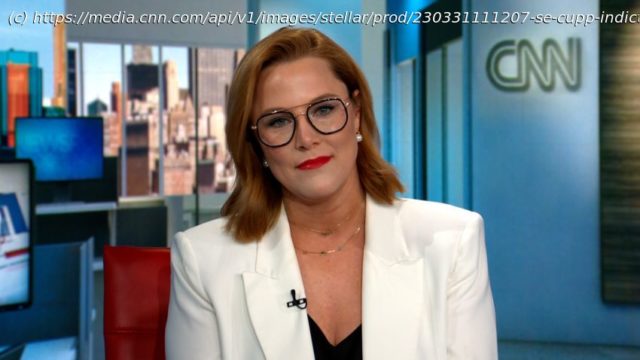Array
Editor’s Note: Julian Zelizer, a CNN political analyst, is a professor of history and public affairs at Princeton University. He is the author and editor of 25 books, including the New York Times best-seller, “Myth America: Historians Take on the Biggest Lies and Legends About Our Past” (Basic Books). Follow him on Twitter @julianzelizer. The views expressed in this commentary are his own. View more opinion on CNN.
Donald Trump became the first ever former US president to be indicted on Thursday. Like so many other instances with Trump, we’re venturing into new terrain. And while President Ulysses S. Grant was arrested in 1872 for speeding through Washington on a horse-drawn carriage, we can all agree it’s hardly the same.
The Manhattan District Attorney’s office had been investigating Trump’s alleged role in a hush money payment to adult film actress Stormy Daniels during the 2016 presidential campaign. Though the charges are still sealed, Trump faces more than 30 counts related to business fraud, CNN has reported.
As the nation awaits the details of the charges — with questions swirling about his scheduled arraignment on Tuesday — the implications of the decision are starting to sink in.
The indictment is important on two levels, each of which might have very different consequences.
The first element of the indictment has to do with accountability. A pivotal turning point in American politics took place on September 8, 1974. Just one month after Richard Nixon announced his resignation, then-President Gerald Ford pardoned the former president for any crimes that he may have committed while in office.
Ford issued the controversial pardon in an effort to heal the nation and move past Watergate at a time when the US was reeling from stagflation and turmoil overseas as a result of Vietnam. But Ford’s strategy didn’t work. Instead of healing the nation, the pardon helped magnify suspicions of corruption.
Many Americans were outraged by the pardon, believing that Ford had struck a deal with Nixon, who had appointed him as vice president in 1973 after his former Vice President, Spiro Agnew, resigned in disgrace for pleading no contest to tax evasion as part of a plea deal that dropped more serious charges of political corruption.






